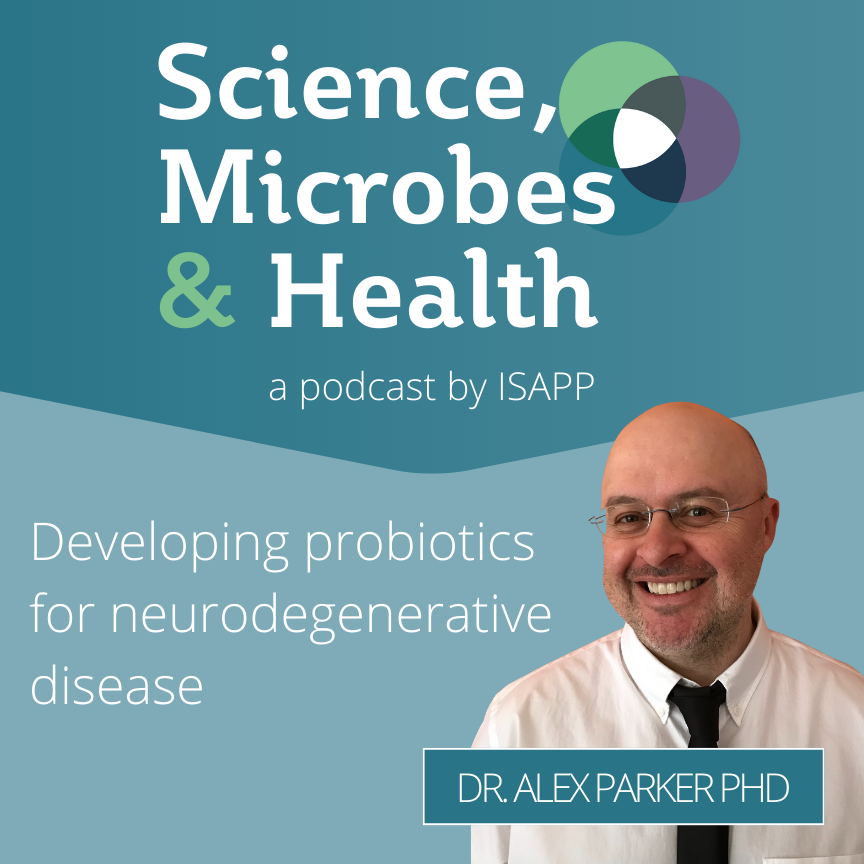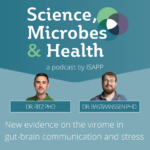Developing probiotics for neurodegenerative disease, with Dr. Alex Parker PhD

Podcast: Play in new window | Download
Subscribe: Apple Podcasts | Spotify | RSS
This episode features Dr. Alex Parker PhD from Université de Montréal talking about models for studying neurodegenerative diseases. His lab makes use of the worm C. elegans, a common model organism for studying disease and aging as it has many genes in common with humans. Focusing on amyotrophic lateral sclerosis (ALS), Dr. Parker makes models that reflect some aspect of the disease – in this case, genes that are directly linked to ALS are directly expressed in the nervous systems of the worms. Then the lab screens different small molecules from drug collections to see what seems to protect the worms from neurodegeneration. In human ALS, the microbiome is a potential factor that could influence the development of disease if a genetic predisposition is present. Dr. Parker’s lab screened a collection of microorganisms and found one strain that protected the worms from progression of neurodegeneration. Simultaneously, they saw that genes involved in lipid metabolism were being altered. Their work indicates a signaling mechanism from the intestine to the nervous system turns on a protective pathway in the worms – and interestingly, feeding the worms fatty acids directly was not as effective, possibly indicating that the live microorganism is working through multiple pathways. Currently the group is testing the probiotic in mouse models and in an upcoming clinical trial examining how the lipid profile of ALS patients changes as the disease progresses.
Episode abbreviations and links:
- Paper on the probiotic strain that suppresses neurodegeneration in C. elegans: Fatty acids derived from the probiotic Lacticaseibacillus rhamnosus HA-114 suppress age-dependent neurodegeneration
- The Université de Montréal’s CRCHUM research centre website
About Dr. Alex Parker PhD:
Alex Parker obtained a PhD in Medical Genetics at the University of British Columbia with Dr. Ann Rose using the model organism C. elegans to study Huntington’s disease. From there he did postdoctoral training with Dr. Christian Neri at INSERM, (Paris, France) to develop drug discovery methods for trinucleotide repeat disorders. He is now a professor in the department of neuroscience at the Universite de Montreal, and a researcher at the CRCHUM. His research focuses on developing genetic models for a wide range neurodegenerative diseases with a special focus on amyotrophic lateral sclerosis to find new therapeutic strategies with translation to clinical settings. Recently his team discovered a probiotic that protects against neurodegeneration in animal models and is now part of a clinical trial for ALS.






